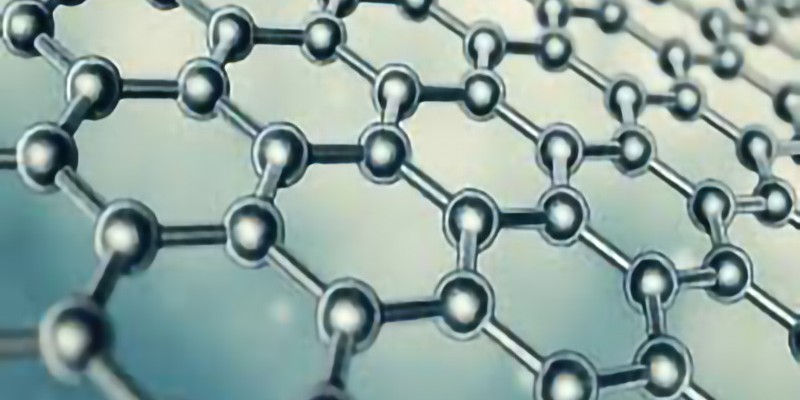The Role of Nanodiamonds in the Development of High-Performance Grinding Tools2024-01-23
Grinding is a crucial process in many industries, including manufacturing, automotive, aerospace, and electronics. The demand for high-performance grinding tools that can provide superior precision, efficiency, and durability is ever-increasing. In recent years, the incorporation of nanodiamonds into grinding tools has shown great promise in revolutionizing the field. Nanodiamonds, with their exceptional hardness, unique properties, and nanoscale dimensions, have opened up new possibilities for the development of advanced grinding tools.
Nanodiamonds possess excellent thermal conductivity, which is vital in grinding applications where heat generation is a concern. The high thermal conductivity of nanodiamonds helps dissipate heat generated during the grinding process, preventing tool damage, thermal deformation, and thermal-induced surface defects. This property enables the development of diamond grinding tools that can operate at higher speeds and achieve better material removal rates while maintaining dimensional accuracy and surface finish.

The surface chemistry of nanodiamonds can be engineered to provide exceptional lubricating properties. When incorporated into grinding tooling, nanodiamonds act as solid lubricants, reducing frictional forces between the tool and the workpiece. This leads to reduced tool wear, lower energy consumption, and improved surface quality. The lubricating effect of nanodiamonds also minimizes the risk of workpiece contamination, which is crucial in precision grinding applications.
- Company Info
- Feedback
- Customer Reviews
- About Us
- Contact Us
- Blog
- Help Center
- User Center
- Forget Password
- My Orders
- Tracking Order
- My Account
- Register



